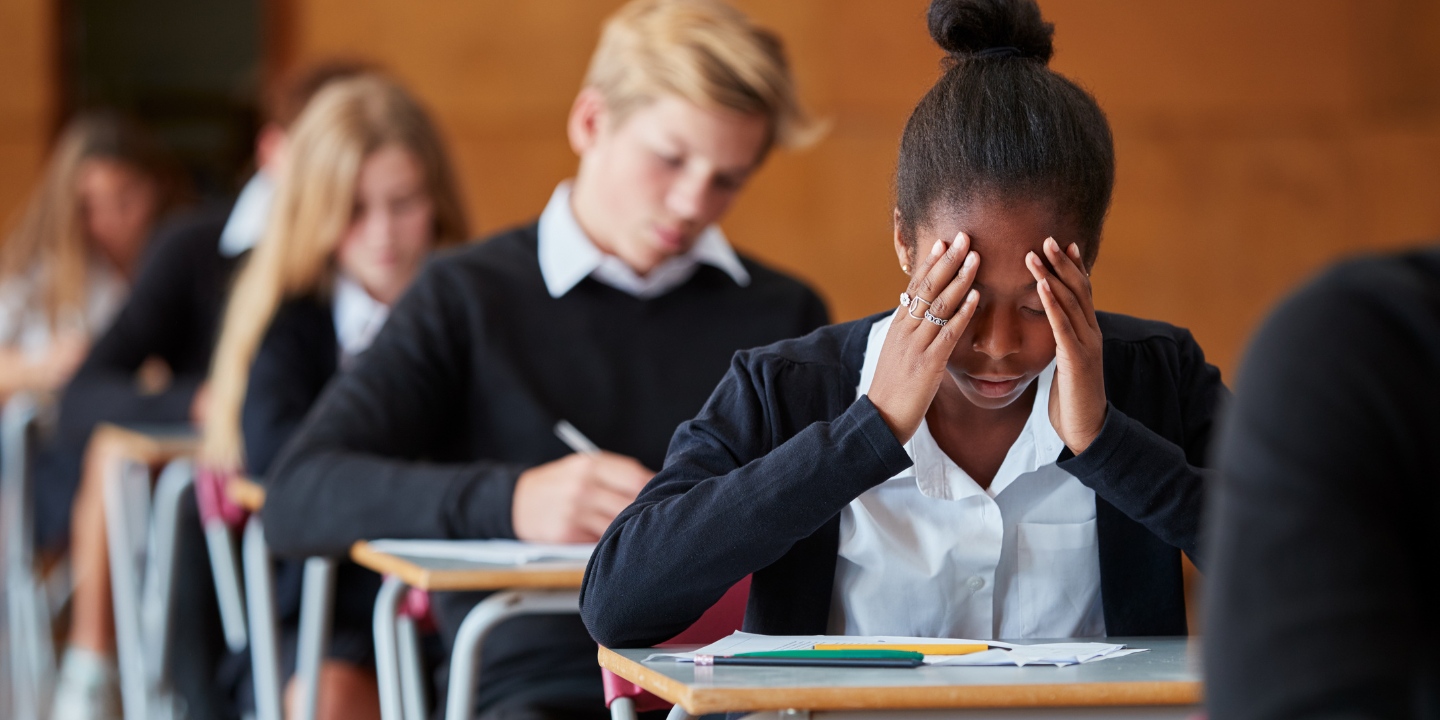
Digging deeper into Australia’s PISA data
Research 12 Dec 2023 5 minute readACER continues to gather evidence to support new and effective approaches to meet the urgent global challenge of transforming learning.
Releasing the national results of PISA 2022 – the OECD Programme for International Student Assessment – marks a significant contribution to this strategy by identifying the areas students are struggling to comprehend.
In an interview with Teacher Magazine, ACER Senior Research Fellow and Australia’s National Project Manager for PISA, Lisa De Bortoli, reveals a depth to the research that suggests its potential to help shape education policy.
Since 2000, PISA has been regularly mapping 15-year-olds' mathematical, reading and scientific skills and the knowledge they can and can’t apply to real-world situations.
Encompassing 81 countries and more than 690,000 students, the latest assessment provides the biggest comparison yet of achievement between education systems.
ACER’s report examines the responses of a representative sample of 13,437 Australian students and provides a comprehensive overview of how young people relate to mathematics (PISA 2022’s primary focus).
Ms De Bortoli explores the findings that Australia’s performance has stabilised (while others have declined), that about half of the students examined are failing to meet the National Proficient Standard, and that the achievement gap between advantaged and disadvantaged students is growing.
PISA measured 4 areas of content knowledge and 4 cognitive processes, with the results stronger in some areas than others.
‘A greater focus on the [weaker] categories may help improve Australian students’ performance and better prepare them to meet life’s challenges,’ Ms De Bortoli says.
ACER is preparing a second PISA report looking at how different demographic groups of Australian students engaged with school and learning, and other social and wellbeing measures known to impact on achievement.
The results of student, teacher and principal questionnaires will inform the report, covering topics such as bullying, a sense of belonging, use of digital devices, distractions and attitudes toward learning.
Some elements of the national picture are already known. For example, Australian students’ discipline in mathematics classes was slightly worse than the OECD average, with 33% reporting they didn’t listen to teachers, and 25% saying they couldn’t work well in most or all lessons.
Student comfort in their school environment has also been measured through the questionnaires, with 70% agreeing, or strongly agreeing, that they felt like they belonged at school, but 25% agreeing, or strongly disagreeing, that they felt awkward or out of place, and 18% feeling lonely.
Findings relating to the COVID pandemic, noted by Ms De Bortoli in the Teacher article, highlight critical information for education leaders should Australia experience a similarly impactful event.
‘If schools had to close again in future, the same percentage of students in Australia as the OECD average (77%) felt confident or very confident about using a video communication system for learning,’ Ms De Bortoli says.
‘However, the number who felt confident or very confident about motivating themselves to do schoolwork was much lower at 54%.’
ACER expects to release the second report in May 2024.
Read the full article:
'Expert Q&A: PISA 2022 with Lisa De Bortoli', by Jo Earp, is published in Teacher.